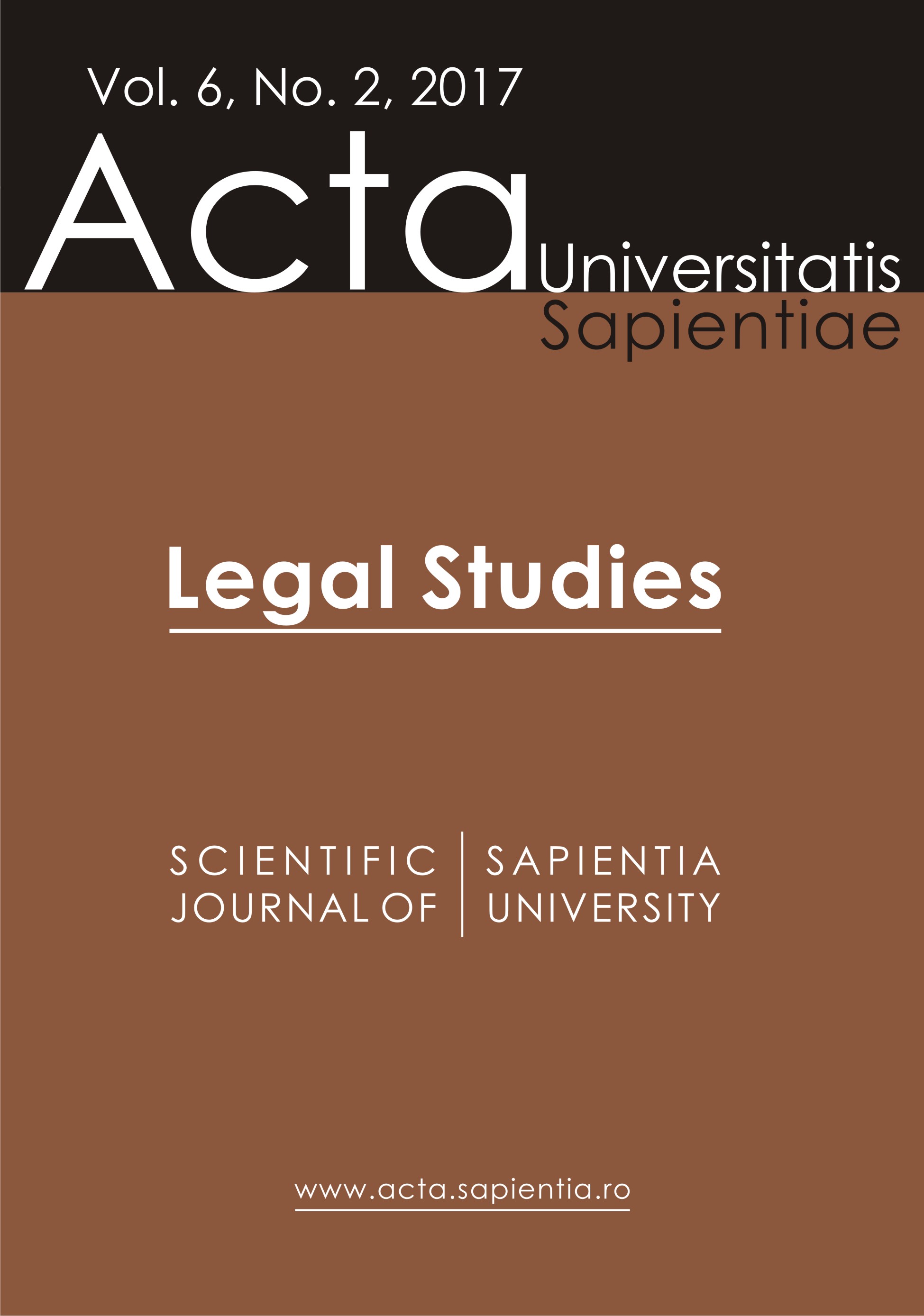Rolul percheziţiei informatice în probarea infracţiunilor contra drepturilor de proprietate intelectuală
The role of the computer search warrant in proving copyright infringements
Author(s): Eugen Gheorghe CrişanSubject(s): Law, Constitution, Jurisprudence
Published by: Scientia Kiadó
Keywords: infringement; intellectual property rights; evidence; computer data; computer system; computer evidence search warrant; deficiencies in legislation; probative value
Summary/Abstract: As is the case with other fields of human rights, intellectual property rights are also exposed to infringement. While in the past these infringements occurred by conventional methods and means of proving a case comprised solid evidence like taking depositions from people, in the present, taking into consideration the massive development of technology and its use both to the advantage, as well as to the disadvantage to humankind, that is, infringement of human rights, in general and infringement of intellectual property rights, in particular, there’s a growing need for efficient methods in proving copyright violation. Like any human activity, which leaves a trace, no matter where it takes place, the use of IT methods like computer systems, as well as using individual components of advanced technology also leaves traces. IT/C specialists have shown though that by using technological procedures, these traces can be detected and identified, and they can also be transformed into easily recognizable evidence – all this concluding to the adoption of legislative procedures known today under the term computer search warrant. Given the fact that this type of evidence is a newly emerging one, incorporating adjoining measures into the criminal trial can present both positive, as well as negative aspects where the latter could exert a negative effect on the outcome of the criminal trial, such as: establishing the presence of copyright violation, identifying the perpetrators and establishing their responsibility.
Journal: Acta Universitatis Sapientiae, Legal Studies
- Issue Year: 6/2017
- Issue No: 2
- Page Range: 249-258
- Page Count: 10
- Language: Romanian

